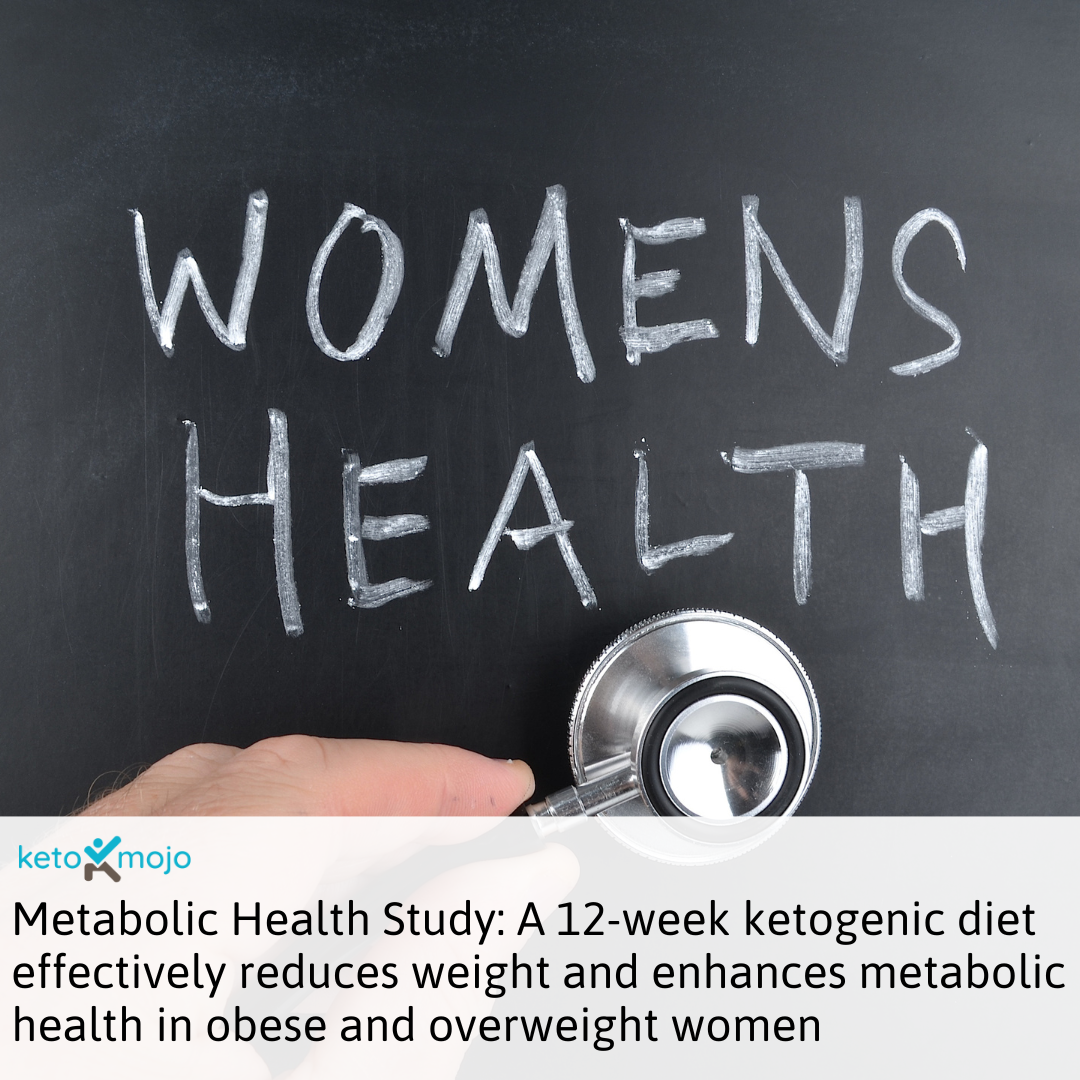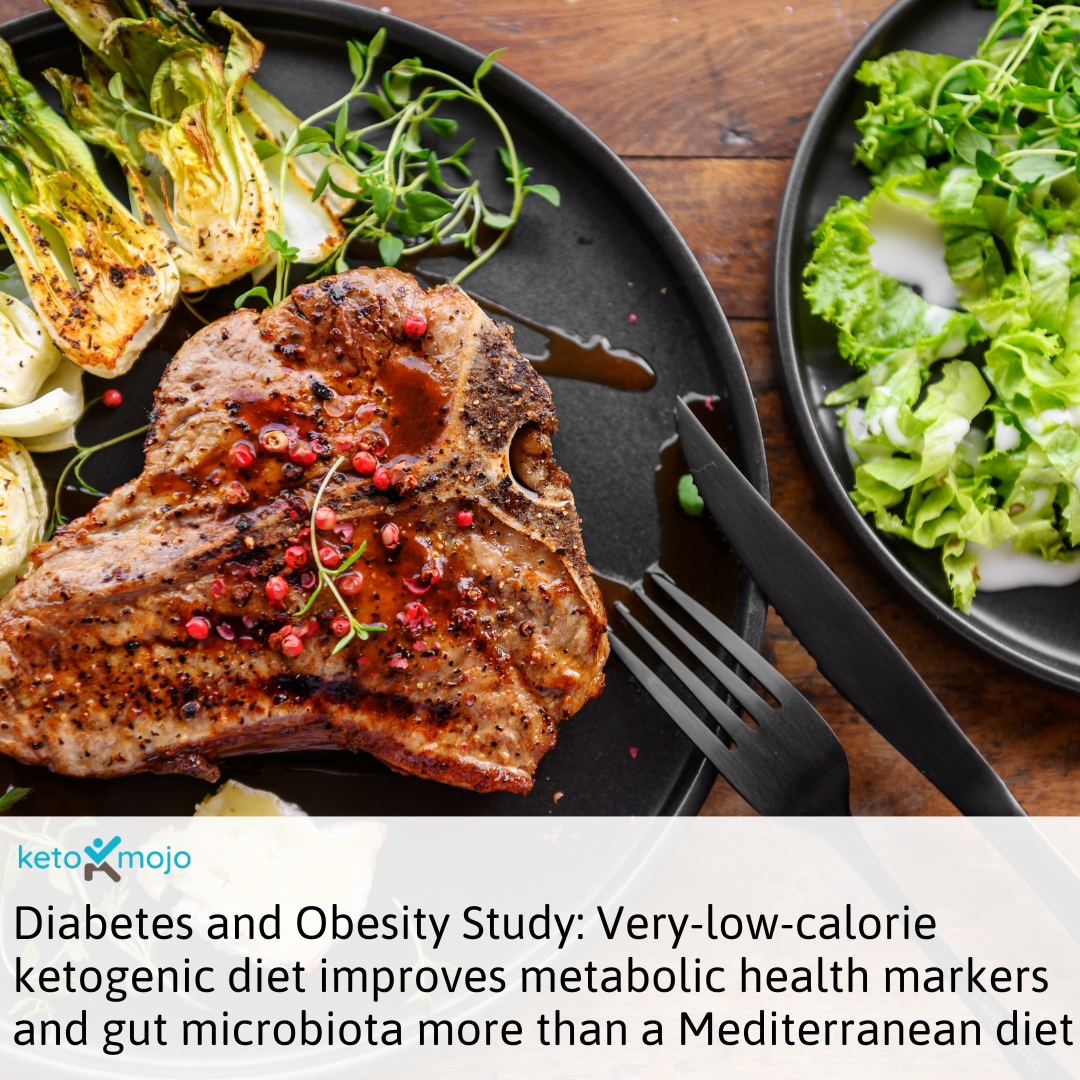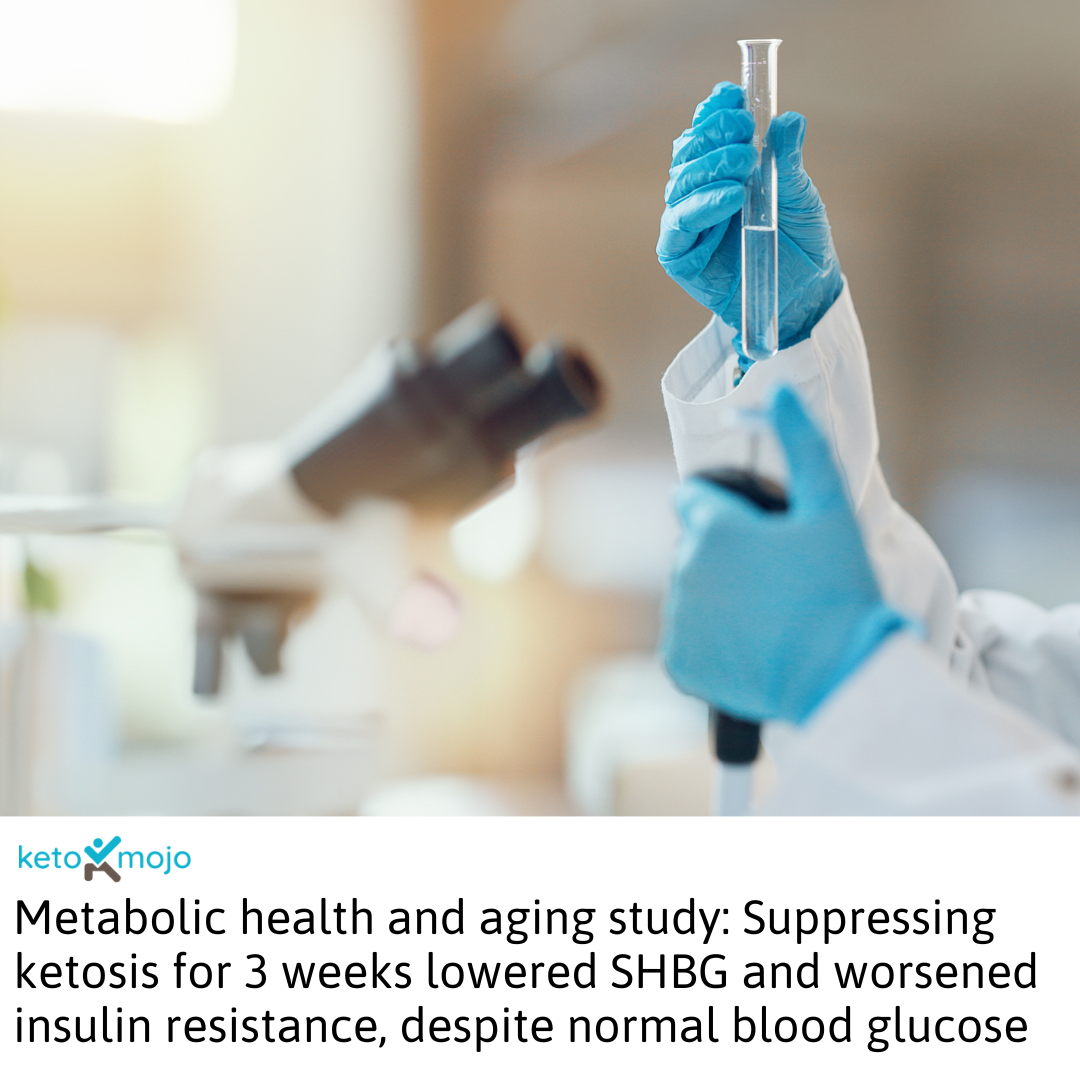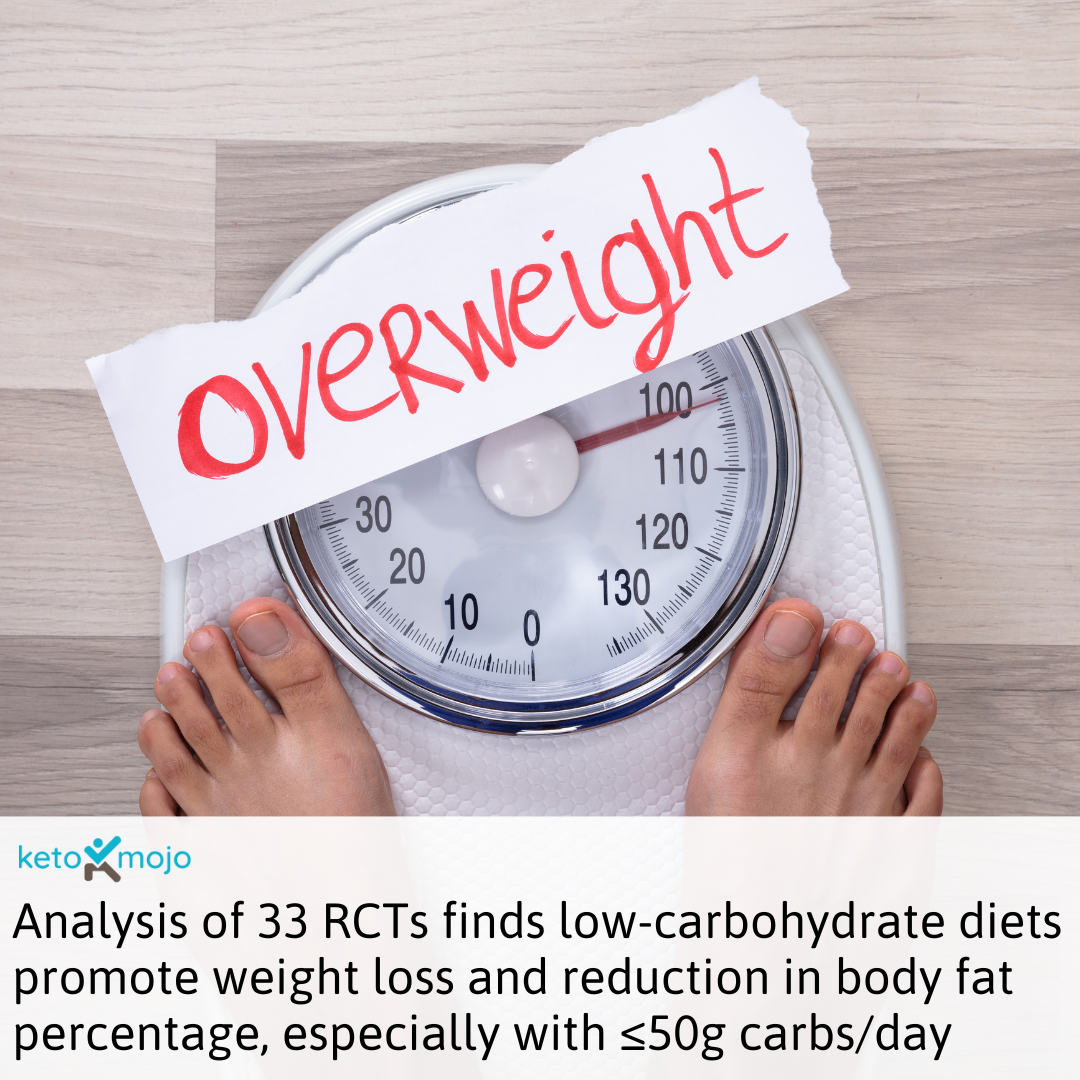Metabolic Syndrome, Obesity
Effects of a 12 Week Ketogenic Diet Intervention on Obese and Overweight Females with Glucose and Lipid Metabolism Disturbance

A recent study explored the impact of a ketogenic diet on glucose and lipid metabolism, body weight, and anthropometric measurements in adult women aged 20 to 50. A total of 98 participants––categorized as obese, overweight, or normal weight––completed the 12-week intervention.
The ketogenic diet provided approximately 1,800 calories daily, with 72% from fat, 20% from protein, and 8% from carbohydrates. Metabolic biomarkers, weight, and waist, hip, and thigh circumferences were assessed before and after the diet.
Key results:
Biochemical improvements:
- Fasting glucose, insulin, hemoglobin A1c (HbA1c), HOMA-IR, and triglycerides decreased significantly in the obese and overweight groups.
- HDL-C levels increased significantly in obese and overweight groups.
- Insulin levels decreased significantly across all groups.
Body mass and measurements:
- Obese participants experienced an average loss of 35 lbs. (16 kg).
- Overweight participants experienced an average loss of 22 lbs. (10.4 kg)
- Waist, hip, and thigh circumferences decreased significantly in all groups, with the greatest changes observed in obese participants.
Correlations:
- Improvements in lipid profiles correlated with reductions in body mass and waist, hip, and thigh circumferences.
In this trial, a 12-week ketogenic intervention effectively reduced body weight, improved metabolic markers, and enhanced lipid profiles, particularly in obese and overweight females. These findings add to the body of research demonstrating the ketogenic diet as an effective strategy for managing obesity and associated metabolic disturbances.






